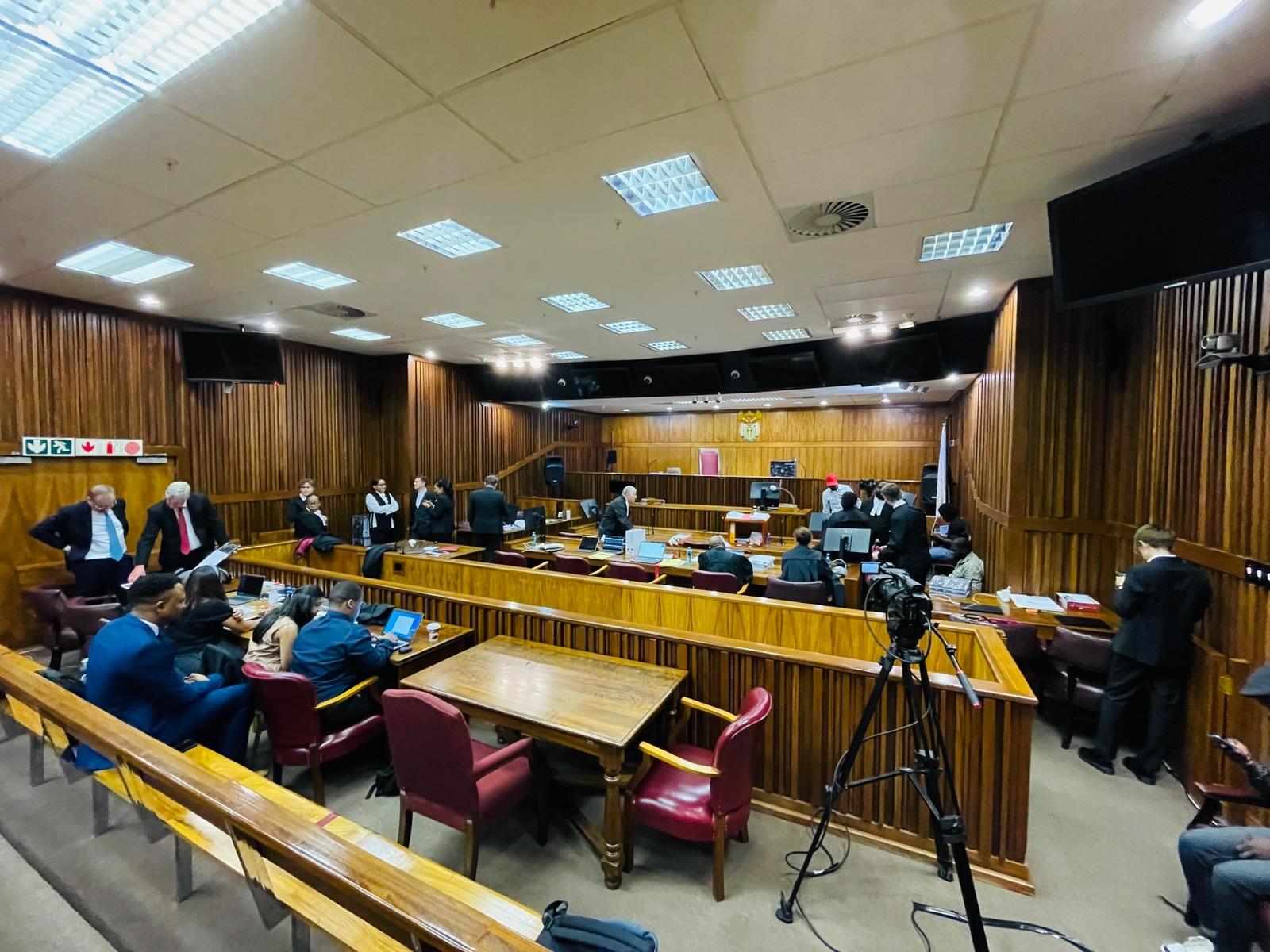Mining Other

South Africa Court Hears Landmark Zambia Lead Poisoning Case

On November 4, 2025, the Supreme Court of Appeal in Bloemfontein, South Africa, became the latest stage for a high-stakes legal battle that has drawn international attention. The case centers on whether Anglo American South Africa, a subsidiary of the British-based mining giant, should be held liable for lead poisoning in the city of Kabwe, Zambia. The class action, which represents approximately 140,000 women and children, seeks to overturn a 2023 Johannesburg High Court decision that dismissed their bid to sue the mining company for historic pollution.
The appeal is considered to transcend legal technicalities, focusing instead on the health and futures of generations living in the shadow of a century-old mine. The plaintiffs, supported by organizations including the Centre for Child Law in Pretoria, the Oxford Human Rights Hub, and Amnesty International, allege that Anglo American’s mining operations in Kabwe between 1925 and 1974 "poisoned generations of local people," leaving a legacy of contaminated soil, water, and bodies. According to the Associated Press, Kabwe has been described as one of the most polluted places on Earth, a claim echoed by a 2022 United Nations special report that characterized the area as "permanently altered by mining activity."
Environmental data cited in the appeal paint a stark picture. A Human Rights Watch report released this year found lead levels in Kabwe’s soil reaching 60,000 milligrams per kilogram—a figure that stands in stark contrast to the U.S. Environmental Protection Agency’s hazardous threshold of 200 milligrams per kilogram. This contamination is reported to have had devastating health consequences, especially for children. Medical studies referenced by Amnesty International indicate that Kabwe’s children have "record-high levels of lead in their blood," with lead poisoning known to cause irreversible damage to internal organs, including the brain.
The legal saga began in earnest when the High Court of Johannesburg dismissed the plaintiffs’ application to certify the class action in December 2023. That court reasoned that the case would be "unmanageable," citing the logistical challenge of consulting with each of the 140,000 claimants—an effort it estimated could take a decade. The court also noted that "an unmanageable class action is not only adverse to Anglo's interests: It undermines the applicants' access to justice." However, the decision left the door open for an appeal, acknowledging the gravity and complexity of the issues at play.
Before the Supreme Court of Appeal, the Centre for Child Law and other advocates argued that the High Court erred in its approach. They contended that the lower court failed to adequately consider the "best interests of the child," as well as the rights to equality, a safe environment, and access to justice. These rights, they argued, are especially critical in cases seeking to vindicate children’s rights in the face of environmental harm.
The lawsuit's crux is whether Anglo American’s historic involvement in the Kabwe mine makes it responsible for the ongoing environmental and health crisis. The plaintiffs allege that the company’s mining activities from 1925 to 1974 "materially contributed to the ongoing harm suffered by the children and women of child-bearing age in Kabwe as a result of their exposure to lead pollution." They argue that the proximity of mining operations to residential areas caused significant soil and water contamination, the effects of which are still felt today.
Anglo American does not dispute the existence of severe contamination in Kabwe but firmly denies liability. In a public statement, the company insisted that the attempt is to hold it "liable for a mine we have never owned nor operated and for pollution and harm that others have caused and freely acknowledged as their responsibility." The company maintains it only ever held a minority stake in the mine and identifies the Zambia Broken Hill Development Company Limited (ZBHDC), now known as ZCCM, as the responsible party. Anglo American has also argued that it is not liable for any harm caused by the current state of Kabwe, nor is it obliged to remedy it.
The company’s legal team has also questioned the reliance on certain reports, such as a 2019 Human Rights Watch publication, claiming they support its position of non-responsibility. The plaintiffs, however, dispute this interpretation, maintaining that Anglo American’s operations played a significant role in creating the conditions for the ongoing crisis.
The Kabwe case has resonated far beyond Zambia’s borders, serving as a stark example of the complex, global legacy of mining. It symbolizes the environmental and health costs that often accompany resource extraction, particularly in developing countries. The involvement of international human rights organizations and legal scholars underscores the broader significance of the case, raising questions about corporate accountability, environmental justice, and the rights of vulnerable populations.
Adding to the sense of urgency are recent events in Zambia’s mining sector. Earlier this year, the country was rocked by another environmental disaster when a Chinese company was accused of covering up a toxic spill involving cyanide, arsenic, copper, zinc, and lead, which contaminated a major river relied upon by millions for drinking water and agriculture.
The outcome of the appeal before South Africa’s Supreme Court of Appeal could set a precedent for how multinational corporations are held accountable for historic environmental damage, especially when their involvement is indirect. For the women and children of Kabwe, the case is not just about the past, but about the right to a safe and healthy future—one where the interests of children and vulnerable communities are not overlooked in the pursuit of economic development. As the legal arguments unfold in Bloemfontein, the world is watching to see whether justice for Kabwe’s poisoned generations will finally move from aspiration to reality.












